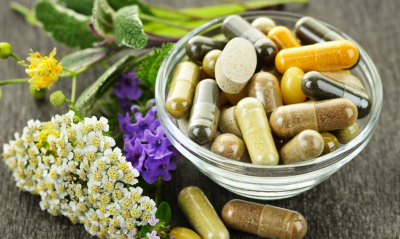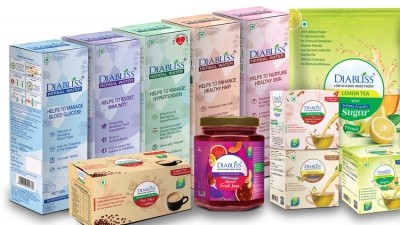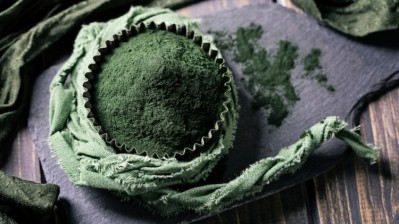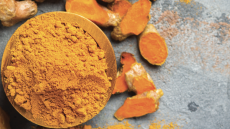Promoting homegrown botanicals: Korea’s MFDS plans to include local liquorice variety in pharmacopeia
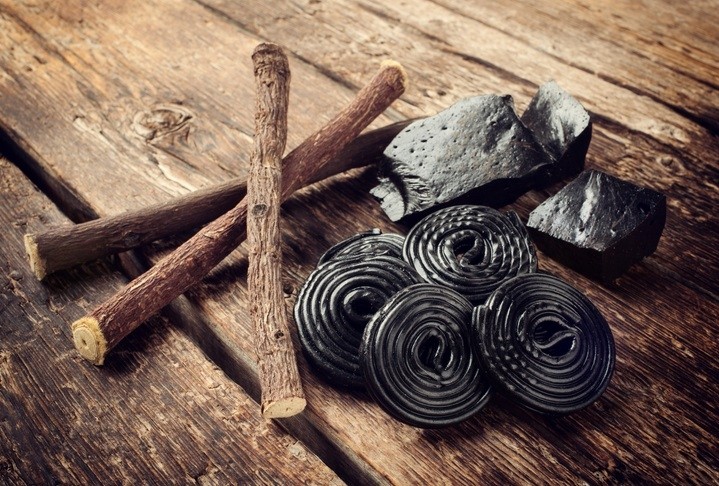
The new variety is known as Glycyrrhiza korshinskyi Grig, a new cultivar bred via interspecies crossbreeding of medicinal herbaceous liquorice species, in this case, the Manchurian liquorice and European liquorice.
In its notice, the MFDS said that at present, the country’s supply of liquorice – which has been used as herbal medicine, were largely dependent on imports.
The new variety was jointly developed by the MFDS and the National Institute of Horticultural and Herbal Sciences at the Rural Development Administration.
The next step planned is to register the new variety into the Korean Pharmacopoeia.
The Korean Pharmacopoeia is a compendium that specifies details on the nature, condition, quality, and storage method etc of pharmaceuticals.
At present, the varieties listed in the Pharmacopoeia include Glycyrrhiza uralensis Fischer, Glycyrrhiza glabra Linne, and Glycyrrhiza inflata Batal.
“The MFDS expects that this revision of the Pharmacopoeia will help vitalise the domestic herbal medicine market and strengthen the quality competitiveness of domestic advanced biopharmaceuticals,” the ministry said.
Two years ago, South Korea had already announced their intention to promote the cultivation and use of homegrown botanicals, including liquorice and astragalus to create new functional foods.
Revision of analysis methods
In addition, the MFDS is revising three types of analysis methods commonly used in quality control of biopharmaceuticals stated in the Pharmacopeia.
They are flow cytometry, enzyme-linked immunosorbent assay (ELISA), and immunoblot assay.
The draft to amend the Pharmacopoeia is currently open for public feedback which will close by December 31.
Peony for health functional food
In terms of homegrown botanicals for health functional food use, there is also growing interest in the use of peony.
According to the Gyeongsangbuk-Do Agricultural Research and Extension Services, it has started developing the production technology to standardise peony as a functional raw material.
The research will be undertaken by Bonghwa Herbal Crop Research Institute, part of the Services, as well as representatives from the Rural Development Administration and Andong National University.
In particular, Andong National University will evaluate the functional uses of the peony raw materials, while Solnara, a company specialising in the production of health functional foods and cosmetics, will be developing new products using peony as a functional raw material.
“Peony has been used for various purposes, such as soothing stomach pain and cramps, acting as an analgesic, an antipyretic, and for treating of gynaecological diseases.
“Unlike in the past, when most medical crops were consumed as herbal medicines, the consumption of these crops is expanding due to their use as an industrial material in functional foods, pharmaceuticals, and cosmetics.
“A number of health functional foods have been developed and sold recently in recognition of the functionality of a peony extract that could aid gastric health by protecting the gastric mucosa,” according to a statement from the Services.
